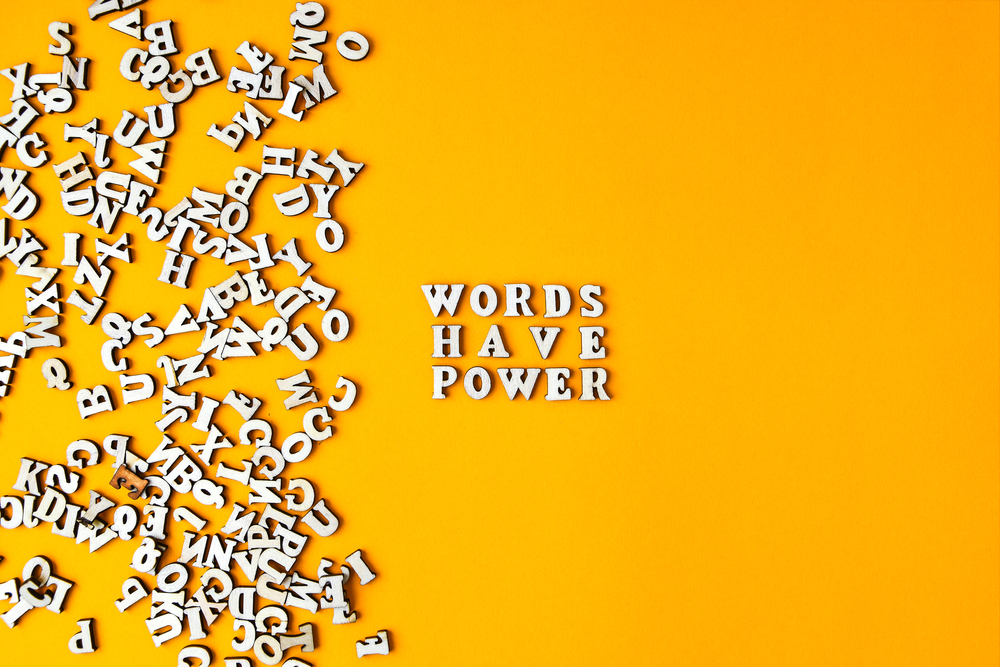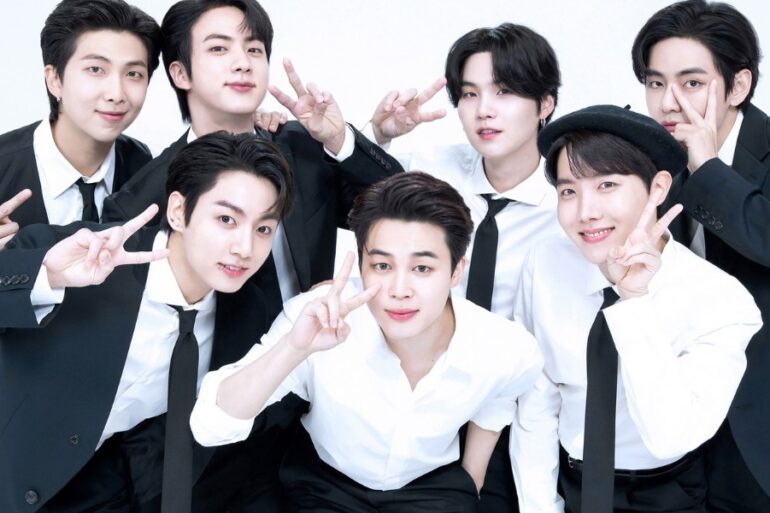Oxford’s Word of the Year for 2023 is ‘rizz’; Merriam-Webster’s is ‘authentic.’ Here are more alternative words that capture the current times.
Words: they are potent, ever-changing things. Reflective of the various discourses at play in our culture, words morph and mutate, contract and collapse, elongate and expand, all depending on the ever-accelerating speed of conversations spurred on by social media.
As Merriam-Webster named “authentic” as their word of the year last week and Oxford chose “rizz” today, we look back on alternative words that capture the cultural pulse of the year.
Rizz
The Oxford University Press, the world’s second-oldest academic press and the publisher of the Oxford English Dictionary, has named “rizz” their Word of the Year. Defined as Gen Z’s slang for “style, charm, or attractiveness,” the term gained viral fame after Tom Holland declared his lack of “rizz,” igniting a meme frenzy. Oxford’s choice reflects not only the rapid evolution of language propelled by social media but also, as its president puts it, the undeniable allure of the word’s inherent “rizz.”
Delulu
“Delulu,” a snappy abbreviation for “delusional,” is the latest Gen-Z slang sensation, joining the ranks of terms like “bussin” and “IJBOL” that seemingly materialize out of thin air and then conquer the social media landscape. Since its inception within the K-pop community in 2013, where it originally described fervent fans, delulu has morphed into a term associated with a surprisingly positive level of self-confidence, especially in the context of relationships. Now, in 2023, TikTok is the stage where delulu thoughts about crushes are freely shared, creating a virtual space for decoding the subtle nuances of eye contact and ellipses.



Situationship
A situationship refers to a romantic or sexual connection characterized by ambiguity and a lack of commitment. Individuals involved in a situationship are more than friends but fall short of being fully committed romantic partners. According to Tinder’s 2022 Year in Swipe report, the predominant dating trend among singles aged 18 to 25 embraces the situationship as a recognized relationship status. The platform observed a 49% surge in members incorporating this term into their Tinder bios from January to October 2022. Unlike more precisely defined dating labels like “boyfriend” or “girlfriend,” the situationship status remains unofficially undefined, mirroring the ambiguity it represents in relationships.
Era
The term “era” skyrocketed to fame on TikTok, serving as both a serious and cheeky descriptor. From embracing your “villain era” for a rebellious rejection of social norms to reveling in your “healing era” for self-improvement, it seems like everyone’s scripting their own blockbuster on this social media stage. Further popularized by Taylor Swift’s world-dominating tour, an era works to capture hyper-specific moments while securing a powerful method of personal branding.
AI
Named this year’s most notable word by the Collins Dictionary, the abbreviation of artificial intelligence signals the acceleration of our cultural discussions on the ethics of usage and application of the controversial topic. The publisher stated that AI, defined as “the modelling of human mental functions by computer programs,” was selected due to its rapid surge, becoming the predominant topic of conversation in 2023. The usage of the term, strictly considered as an initialism, has quadrupled in the past year.








